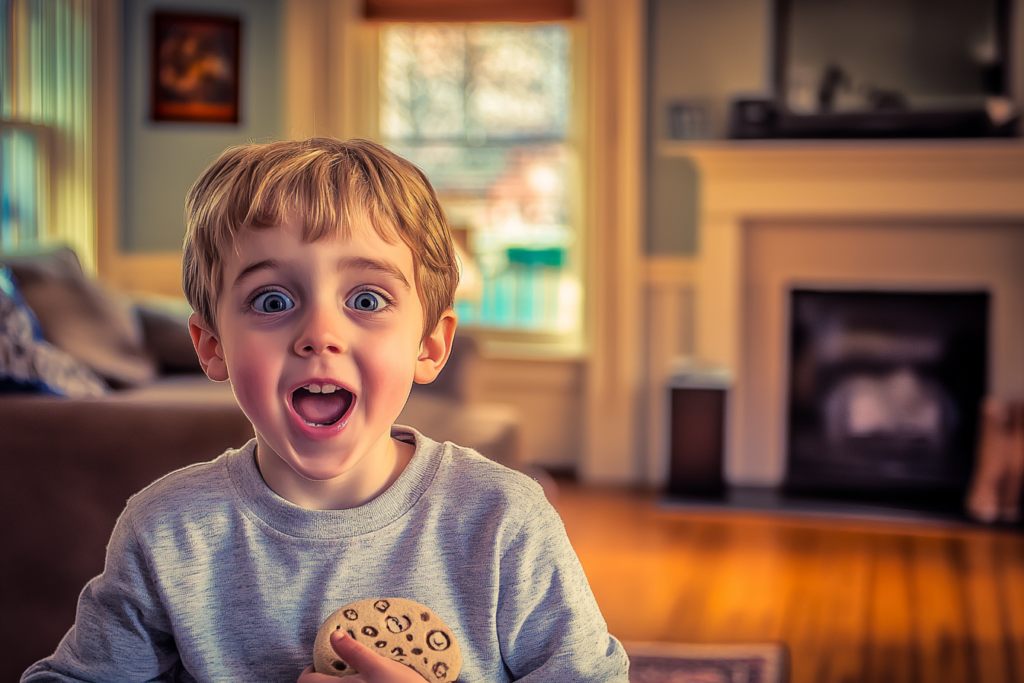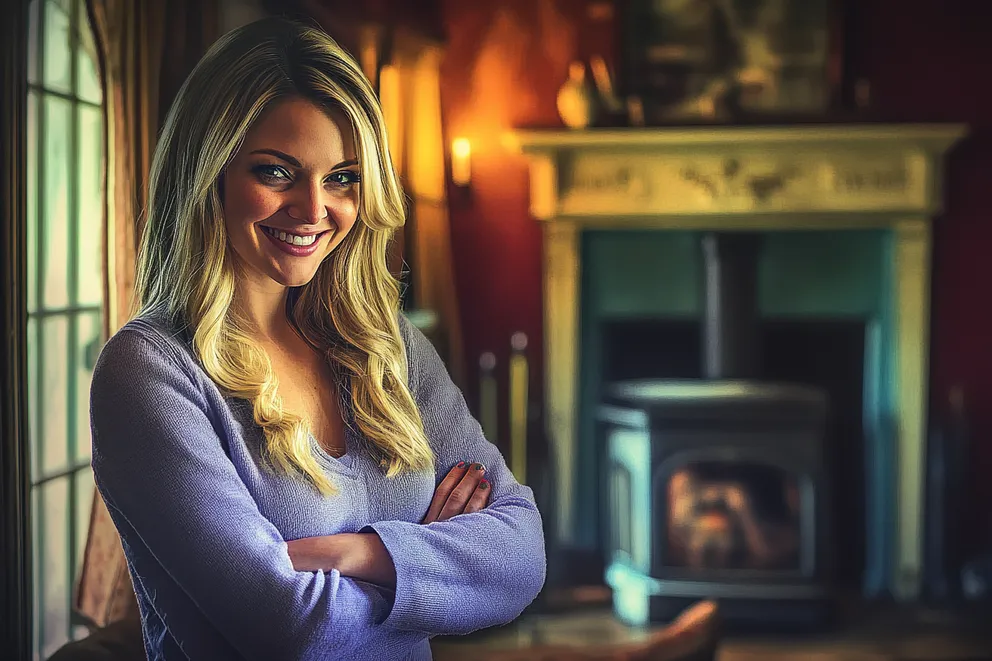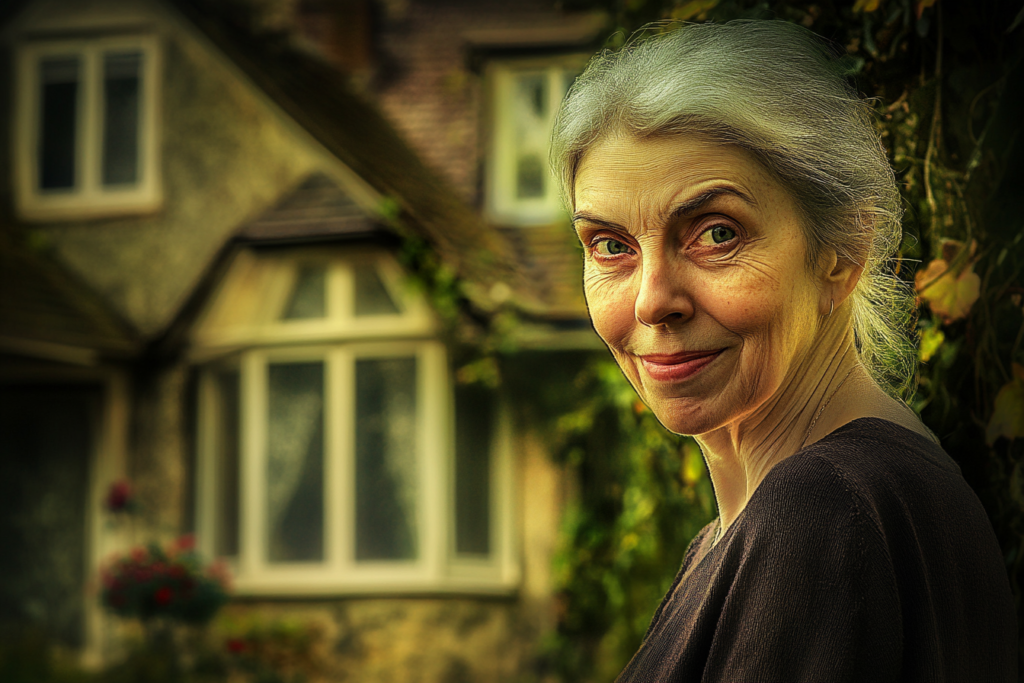My son befriended a neighbor in our cul-de-sac whom most people, myself included, avoided. At first I was merely worried, but then he started coming home with money—and he was only seven. I investigated, and soon the police were at her door.
Every parent will tell you: always be on guard when your children are alone with other adults. No matter who they are, it pays to stay vigilant. Some even mistrust their own relatives.
Yet I thought someone as reclusive as our neighbor couldn’t be dangerous.

I’m Kayla, 32, a single mom, and my son Elay is seven. We live in a quiet dead-end street where every lawn is immaculate and everyone greets each other with a nod or wave. We know nearly all our neighbors by name.
My home is warm, full of little projects Elay and I do together—our vegetable garden, the bird feeder we built. I knew he’d grow up wanting to help and to build things. So what happened felt odd at first.
At the end of our street stands Miss Élénore’s house, an ivy-covered old mansion with towering hedges and ancient oaks. Even at Halloween, kids dared not venture near. She lived alone, her shutters always closed. People whispered, but nothing too nasty.
Then one afternoon after school, Elay burst in, “Mom! You won’t believe this—Miss Élénore invited me to bake cookies!” I was making dinner and blinked: “Her? That old lady?” He begged, so I agreed—just told him to be polite and home in time for supper.

He returned proudly with a plate of slightly burnt cookies and gushed how amazing her “lesson” was. “Her kitchen’s like a movie!” he told me.
In the days that followed, he kept going back—each time bringing envelopes of cash: ten dollars, then twenty. I worried: why was she paying him?
I asked around, but neighbors said not to fret. So I decided to quietly investigate.
One afternoon, I walked him to her door. While he went in, I circled the house and found a half-open attic window. Inside, on a table, lay photos of Elay and me arranged in a circle. Miss Élénore leaned over them, giving instructions to my son. Fearing some ritual, I burst in: “What on earth is going on?!”
She went pale and stammered apologies as I realized she’d been collecting snapshots of our private life—from my social feeds and from spying. I called the police.
When officers arrived, I shared my fears. They took it seriously, searched the room, then asked me to step into the living room to hear her explanation.
Meanwhile, Elay stood stunned. With a trembling voice, Miss Élénore confessed: her own grandson had died young, and Elay reminded her so much of him. She’d gathered our photos to make him a birthday memory album, and the money was for printing it as a surprise for me.

My heart calmed, but I was shaken at having jumped to conclusions. The officers left after we all apologized. The three of us stayed a while, moved by the moment.
I invited Miss Élénore to finish the album with us, and she joyfully agreed. Bit by bit, she rejoined the neighborhood—watering her garden, sharing cookies with passersby, even helping out the local babysitter.
Thanks to my son, Miss Élénore found her place among us again, and I know he’ll always remember that kindness returned.

